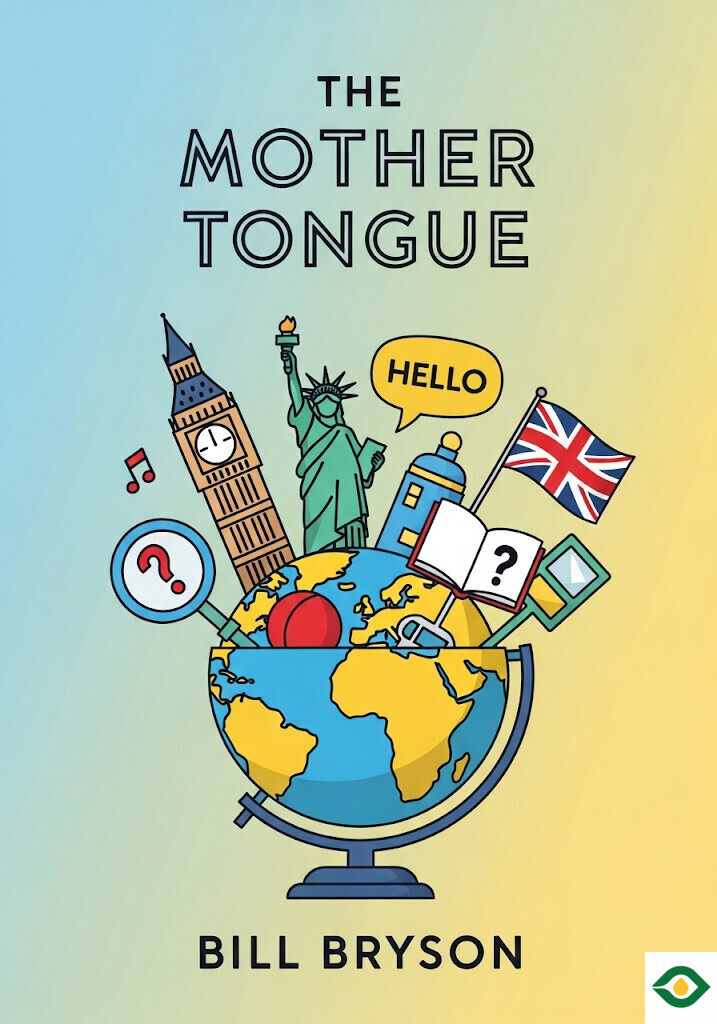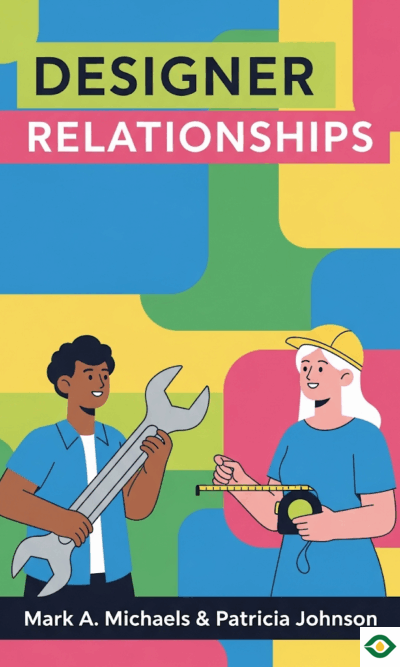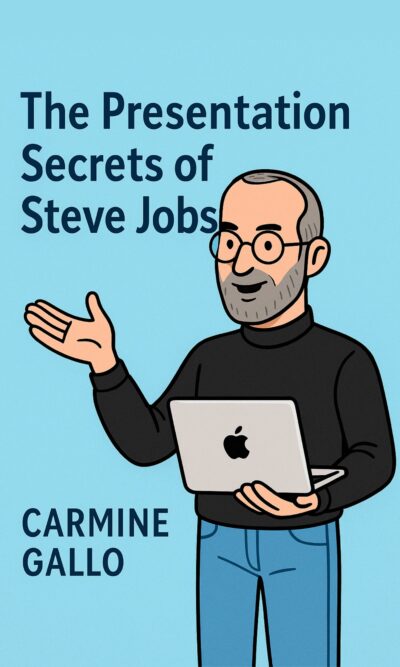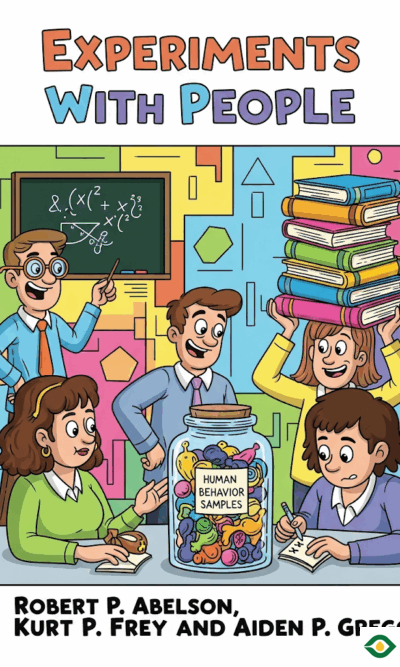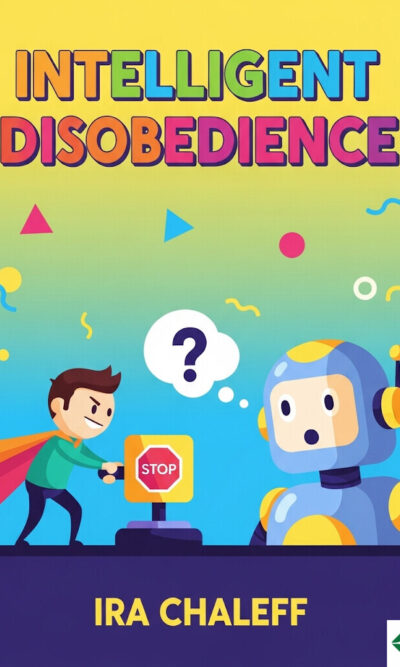Description
English is one of the most widely spoken languages in the world today, but its story is long, messy, and fascinating. Every word we use carries traces of history—wars, trade, migration, inventions, mistakes, and even jokes. The English language is like a great sponge that has absorbed influences from almost everywhere, turning into a unique and flexible tool for communication. This summary walks through how English was born, how it changed, and how it continues to grow.
The story begins far back in time, long before England even existed. Many modern languages, including English, German, Sanskrit, Persian, Latin, and Greek, can be traced to a single parent tongue known as Indo-European. This language was never written down, but linguists pieced it together by studying similarities among its children. Words like “brother,” “mother,” and “snow” look alike in many languages, suggesting a shared origin. From these clues, scholars guessed that the original speakers of Indo-European lived thousands of years ago in a cold, inland area, perhaps on the steppes of Eurasia.
English itself began much later, when Germanic tribes—the Angles, Saxons, and Jutes—sailed across the North Sea to Britain around 450 AD. They pushed out the native Celtic-speaking people and set down roots. Their speech became what we now call Old English, a language that looks strange to modern readers but is still the foundation of today’s English.
Not long after, another wave of outsiders arrived: the Vikings from Scandinavia. They came first to raid and later to settle, and in the process they left behind thousands of words. Everyday terms like “window,” “egg,” and “sky” all came from Old Norse. Place names in northern England still carry traces of their language. Over time, Old Norse blended with Old English, creating a more mixed and flexible tongue.
Then came the event that transformed English more than anything else: the Norman Conquest of 1066. When the Normans, originally Viking settlers who had adopted French culture, invaded England, they took over the ruling class. For centuries, the nobles spoke French while common people spoke English. This created a society where two languages lived side by side. The result was a huge explosion of vocabulary. English borrowed more than ten thousand French words, especially for law, art, food, and government. That’s why we still use the English “cow” when talking about the animal, but “beef” when the meat is served on a plate.
As time went on, English continued to evolve. Words changed meanings. For example, “manufacture” originally meant “made by hand,” but now it means factory-made. Other words gained multiple meanings, like the word “set,” which has hundreds of uses. People also invented new words constantly. During the Renaissance, more than ten thousand words were added, many through creativity with prefixes and suffixes. Shakespeare alone gave us over a thousand words, such as “majestic,” “lonely,” and “excellent.” Scientists like Isaac Newton added their own share, coining technical terms that became part of everyday life.
English also grew by shortening and simplifying. Long phrases became small words. “Gymnasium” shrank to “gym,” “mobile vulgus” became “mob,” and so on. This made the language quicker and more practical for daily use.
When settlers crossed the Atlantic to the Americas, English gained a whole new set of words. Native American languages gave us terms like “raccoon,” “hickory,” and “squash.” Spanish added “mustang” and “canyon,” while Dutch and French gave us “landscape” and “prairie.” Settlers also created compound words such as “rattlesnake” and “grasshopper,” which captured the new world in vivid ways. Even the very name “America” came from a misunderstanding—a German mapmaker wrongly credited the explorer Amerigo Vespucci with discovering the continent and named it after him. The mistake stuck.
Family names, too, tell us something about English history. Many surnames describe jobs, like Smith or Baker. Others point to places, like Preston or London. Still others come from nicknames or physical traits, such as Armstrong. Patronymic names, like Johnson, mean “son of John.” These naming patterns began informally but became fixed in the fifteenth century, when the government required legal records with surnames.
Another striking feature of English is its attitude toward taboo words. What counts as rude or vulgar has changed dramatically over time. In medieval London, street names openly included words we would never print today. Meanwhile, harmless words like “puppy” could once be insults. Religious language, once considered the most offensive, slowly lost its sting. By the eighteenth and nineteenth centuries, society became stricter again. Censors even cleaned up Shakespeare’s plays to remove “damned.” In America, people avoided words like “leg” and instead used euphemisms such as “white meat” for chicken. The rules of politeness shifted, but the language always found new ways to express strong feelings.
Looking at the whole journey, English shows a remarkable ability to absorb, adapt, and survive. It has endured invasions, class divisions, migrations, and cultural revolutions, but instead of breaking, it grew stronger. Every stage of history left its mark, turning English into a patchwork of influences. That’s why English has so many synonyms, odd spellings, and irregular rules—it is the product of many different people and places.
Today, English continues to change. New words are born from technology, culture, and youth slang. Old words shift meaning once again. The story is never finished, because a language lives as long as people use it.
The key message is that English is not a pure or perfect language but a survivor. Its strength lies in its openness. It can take in foreign words, adapt them, and make them feel at home. It can carry history while still being flexible enough to describe the newest invention. The richness of English is not just in its vast vocabulary, but in the stories hidden behind every word we speak.

